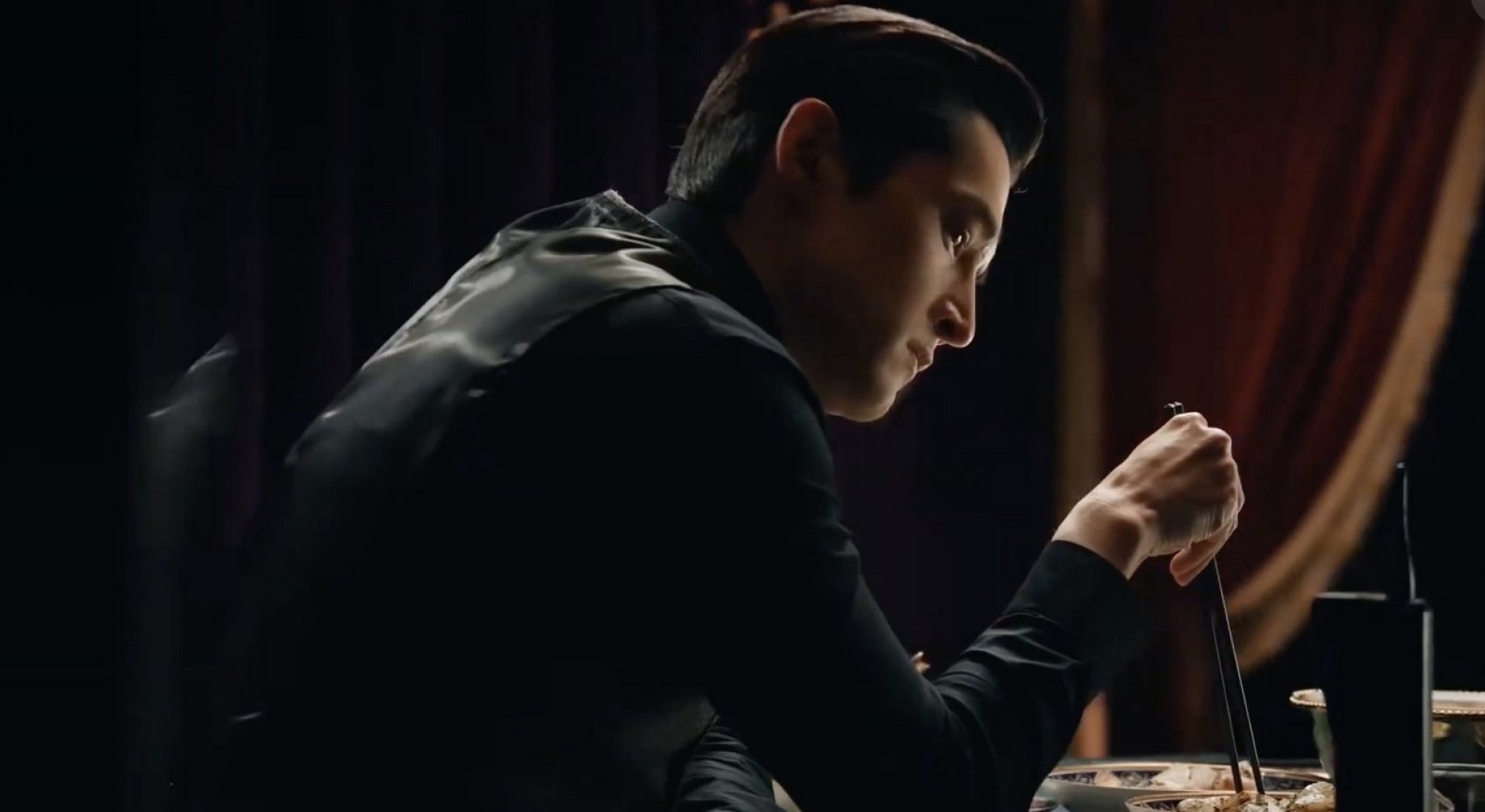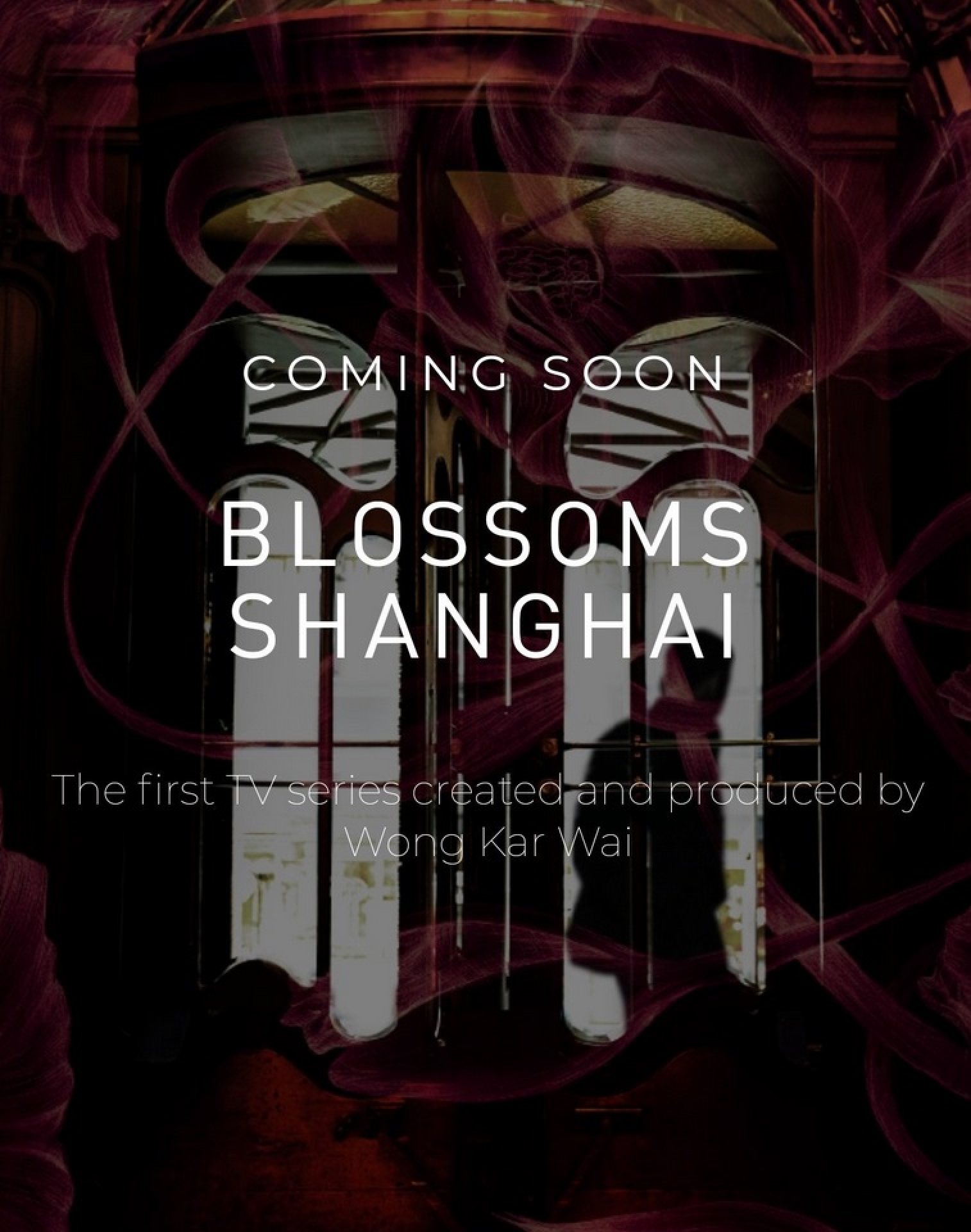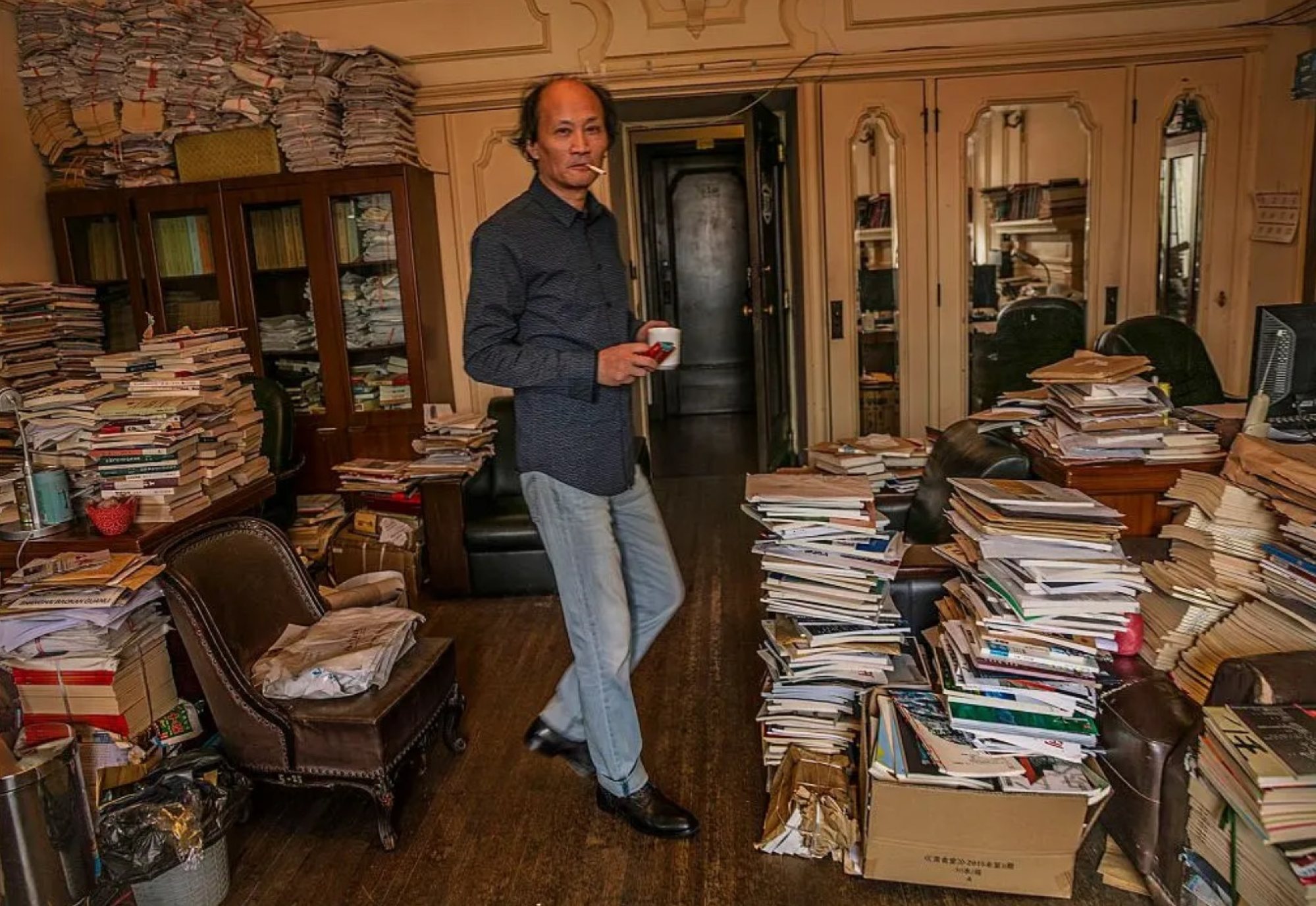
New trailer for Wong Kar-wai TV series Blossoms Shanghai a visual treat, but sparks debate about its depiction of 1990s China; still no launch date
- Anticipation continues to build for the release of Wong Kar-wai’s debut TV series as a new trailer is released, featuring sumptuous visuals and a piano score
- The accuracy of its depiction of 1990s Shanghai prompts animated discussion on Chinese social media. There’s still no hint of when it will begin streaming
A visually sumptuous new trailer for Hong Kong film director Wong Kar-wai’s first foray into television, Blossoms Shanghai, has just dropped, but information on when the Chinese drama series will start streaming remains scant.
Based on the 2012 novel Blossoms, written by Jin Yucheng, the drama series is set in 1990s Shanghai and stars Hu Ge, Ma Yili, Tang Yan, and Xin Zhilei. And the writer will put in an appearance himself.
The project, which was announced in 2019, has been touted as the final instalment of a “love” trilogy that includes Wong’s films In the Mood for Love (2000) and 2046 (2004).
According to the trailer, which features colourful as well as moody scenes and a dramatic piano score reminiscent of the one that accompanies the opening credits of the HBO hit Succession, Blossoms Shanghai will be available exclusively on Tencent Video in China and on WeTV in the United States. But no release date has been announced.
According to cinematographer Peter Pau, the series has 24 episodes. “Each 50-minute episode will be like a film in itself,” he teased on Weibo, China’s answer to Twitter.
Created, produced and directed by Wong, the drama series revolves around several characters born and raised in Shanghai in the Mao Zedong era and how they fare during China’s first wave of economic reform and opening up in the 1990s.

They are led by Mr Bao (Hu Ge), a self-made millionaire who has risen to power and fame.
Wong’s shooting of Shanghai Blossoms has attracted much attention within the film industry and beyond, and the trailer sparked discussion on Chinese social media, especially about how the series portrays Shanghai.
“Shanghai in 1992 indeed looks like so, especially around Huanghe Road, the old Shanghai International Settlement. With the Shanghai Stock Exchange open at that time, the city flourished overnight just like that,” one user said on Chinese video review website Bilibili.

But some critics said the depiction of 1990s China was far from realistic. “Too clean, too refined, and certainly misinterpreted. I do not believe Wong can finish a historical work well,” one critic wrote on Chinese instant messaging app WeChat.
“It looks more like 1932 than 1992 to me. It feels like the era of the Republic of China rather than the era of reform and opening up,” a Weibo user wrote.
Despite such doubts, there are plenty of critics and fans of Wong’s work eager to see the drama series.

According to DeepFocus, a Chinese film review podcast, Wong’s crew rented the balcony of the Peace Hotel, the most well-known hotel on the Shanghai Bund, for a week to shoot a single scene.
“That is exactly what Wong will do. I am becoming more and more curious about Blossoms Shanghai,” wrote a Weibo user.
Wong’s cooperation with Jin is a fascinating aspect of the project. The author refers to Wong’s classic film Days of Being Wild at the start of his novel.

“Alone in the attic, preferably at night. At the end of Days of Being Wild, Tony Leung Chiu-wai tries to find his next target, but the hero has secretly aged …,” he writes.
Written in the Shanghainese dialect, Jin’s novel is one of the best known of recent years in China. It won the Mao Dun Literature Prize in 2015, one of the country’s most prestigious literature prizes, and recognitions from several of China’s official literary associations followed.
It ranks 231st in a list of “250 Best Books” on Douban, China’s most popular review website.

“A museum of humanity,” Cheng Yongxin, the editor-in-chief of China’s literary magazine Harvest said of the work. “If people want to find the past of Shanghai, they have to read Blossoms, a memorial to the city in a turbulent era.”

